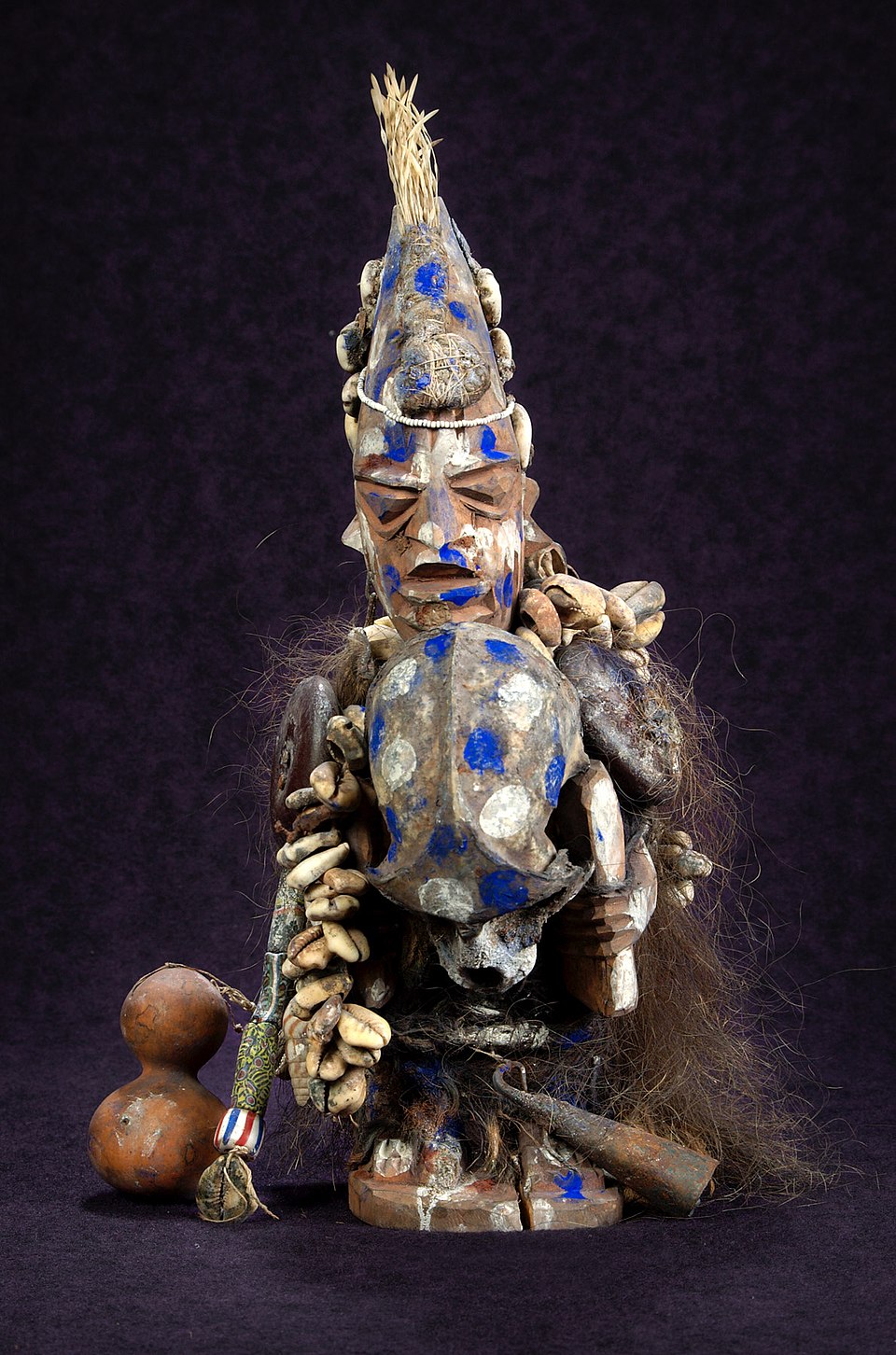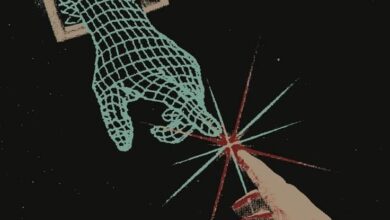What is Ṣọ̀pọ̀ná Doing These Days?

The term ‘panic’ originated in the 17th century, derived from the name of the Greek god Pan. As the deity of shepherds, pastures and fertility, Pan was supposedly often seen with his iconic panpipes in the woods. His mischievous nature instilled fear in his worshippers, causing them to flee in terror. As Pan’s worship declined and his pipes fell silent, he unleashed a loud, ear-piercing scream to express his frustration. This primal outburst was said to evoke a sudden, intense fear in those who heard it; a feeling that was eventually termed “panic”.
It’s not news that since the advent of Christianity and Islam, traditional worship has been on the decline. For example, the Yoruba tribe with 401 gods (a figurative expression to represent their large number) but only 10% of the population is not Christian or Muslim. Traditional beliefs are now deemed superstitious and worship of local gods is forgotten. Local gods have become entities that few seem to care about anymore, entities that have had their niche eroded by so many years of scientific advancement.
Despite their enduring benevolence, they have not uttered a complaint. And if they have, it has gone unnoticed. No one is feeling the panic. So, I write to pay tribute to the gods who were once revered and worshipped. I sympathise with those once believed to hold dominion over the air, land and sea. I sympathise with those who were answerable only to the Almighty. Most notably, I extend my sympathies to Ṣọ̀pọ̀ná of Yoruba land and Ojukwu of Igbo land, two deities once credited with controlling smallpox.
Ṣọ̀pọ̀ná, also known as Sakpata, Babalú-Ayé or Omolu, was a powerful warrior, musician and philosopher. Some legends even believe that he was the first son of the supreme being who gave him control over the earth. He was known for his ability to win wars using his medicinal brooms to spread the smallpox infection when arrows could no longer be used. He was so powerful and quick to anger that he had to be banished into the forest. When his worship began, it was believed that he could inflict communicable diseases such as tuberculosis and leprosy and could also heal people afflicted with such diseases. It was taught that he sent smallpox to the world as a result of what was referred to as his “divine displeasure”.
When the British Empire began to explore Southern Nigeria, they suspected that the priests were intentionally using the fear of Ṣọ̀pọ̀ná to spread smallpox by applying the skin scrapings of infected smallpox victims. This led to the outlawing of Ṣọ̀pọ̀ná worship in 1907 but the belief in his powers remained. However, the final blow was dealt in 1980 when smallpox was declared eradicated by the World Health Organization. Ṣọ̀pọ̀ná was laid off from his job and since then, he has remained unemployed. The white man’s vaccine proved his impotence and now, he is likely battling boredom, or perhaps, he has found himself a side hustle. Only the babalawos of this world can tell us.
Now, Ṣọ̀pọ̀ná has been deserted. Who remembers his unique ability to whistle while talking? Who even knows that his name was once too sacred to be spoken aloud? Although his statue present at the David J. Sencer CDC Museum represents international efforts to eradicate smallpox between the 1960s and 1970s, it is mostly seen as a relic of the past. Nobody recalls the old taboo against whistling during an epidemic, a gesture once meant to show reverence for Ṣọ̀pọ̀ná. People do not remember to avoid sitting in the shade of a tree for fear of disturbing him as they travel under the scorching sun, seeking refuge beneath its branches.
Ṣọ̀pọ̀ná is not the only one who deserves our consolation. Other gods have suffered the same fate. For instance, Sàngó and Amadioha, the Yoruba and Igbo gods of thunder and lightning, have experienced diminished patronage due to the advent of lightning catchers and conductors. Nobody goes to Ọ̀ṣun for fertility again. We have doctors. Drummers have forgotten their pioneer, Àyángalú. The gods must be sad!
Some other gods like Ọ̀ṣun, Ògún, Sàngò, Amadioha and Èsù have managed to stay relevant. The occasional sight of sacrifices at T-junctions shows that they still have a few gigs at hand. Sàngò and Ọ̀ṣun worshippers from all over the world converge for the annual festivals. Some metalworkers still offer palm oil to Ògún. But what about Ṣọ̀pọ̀ná? What is he doing these days?
Yusuf Akinyooye




This write-up is cool. It is fun to know things that have existed years ago.
Thumbs up 👍